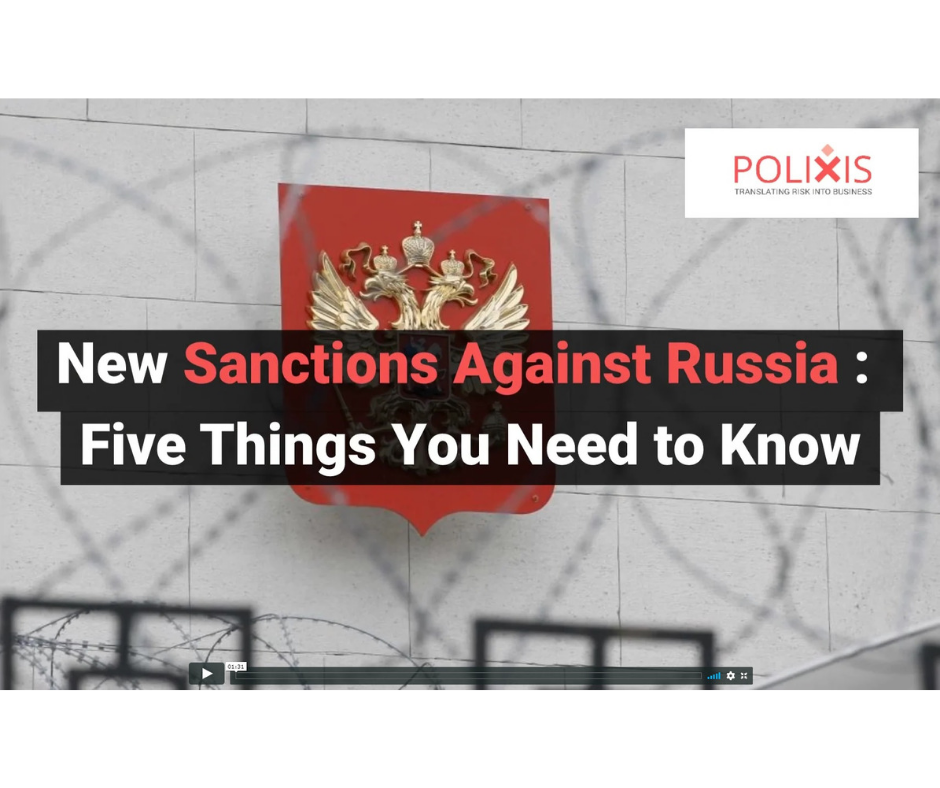Global News
US Slaps Fresh Sanctions on Russia
DATE
05 Aug, 2019
Read time
10
On 2 August, the Trump administration imposed new sanctions on Russia over Sergei Skripal’s case. This is the second round of Chemical and Biological Weapons Control and Warfare Elimination Act of 1991, as amended (CBW Act) based sanctions introduced in August 2018.
The CBW Act and What’s New about it?
On 27 August 2018, the US Secretary of State imposed the first round of sanctions on Russia under the CBW Act for allegedly using a banned chemical weapon in an attempted assassination of former Russian double agent Sergei Skripal and his daughter in 2018 in southwestern England. On 6 November 2018, the Department of State determined that the Russian Government had failed to meet the conditions described in the CBW Act to avoid the imposition of a second round of sanctions. Namely, Russia failed to provide reliable assurances that it would not engage in future chemical weapons attacks.
Consequently, on 2 August 2019, the Department of State selected three additional sanctions to impose on Russia pursuant to the CBW Act. The three areas are:
- U.S. opposition to the extension of any loan or financial or technical assistance to Russia by international financial institutions, such as the World Bank or International Monetary Fund;
- A prohibition on U.S. banks from participating in the primary market for non-ruble denominated Russian sovereign debt and lending non-ruble denominated funds to the Russian government; and
- The addition of export licensing restrictions on Department of Commerce-controlled goods and technology.
What’s not included in the New Sanctions?
It is important to note that the CBW Act also provided for a number of other restrictions that Trump administration opted not to include, namely:
- Import restrictions on Petroleum or any Petroleum Product originating from Russia.
- Suspension of operations of State-owned air carriers, namely Aeroflot.
- Prohibition of export of any good or technology as per 1979 Act.
What’s also crucial is that the CBW Act does not include state-owned enterprises of the Russian Federation. The CBW Act Directive defines the term “Russian sovereign” as any ministry, agency, or sovereign fund of the Russian Federation, including the Central Bank of Russia, the National Wealth Fund, and the Ministry of Finance of the Russian Federation.
Below is a video that summarizes five key points you need to know about the new round of sanctions:
Related articles




